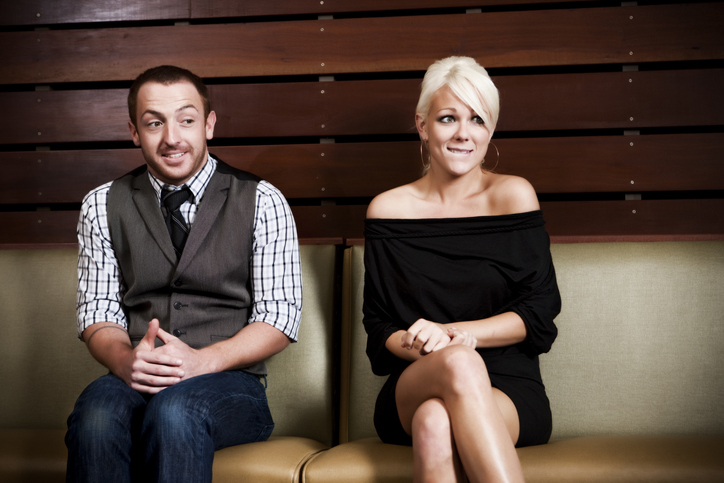
Starting a new relationship is an exciting time. Understandably, having diabetes adds additional topics for discussion with a new partner. Diabetes is an important part of your life and it makes sense that you would want to “introduce” your diabetes pretty early on, as you would other important parts of your life. Based on your previous experiences with disclosing your diabetes to others, it is understandable if this discussion comes with some apprehension and nervousness. Start with thinking about the good reasons for discussing your diabetes – getting support for your health behaviors, feeling free to openly do the tasks of diabetes (such as checking, wearing devices, injections, etc.), being able to educate the person about your specific diabetes needs so they know what to do if you are having a low. When you bring up your diabetes, begin by keeping it simple and factual. For example, “I wanted to tell you that I have type 1 diabetes. This means that my body doesn’t make its own insulin so I have to take insulin. I use what is called an insulin pump. I have to make sure my blood glucose levels are in a safe place so I need to pay attention to that too. I’d be happy to tell you more and answer your questions, if you have them.”
This conversation may be easier for those who are more “out” with their diabetes. If you are not used to discussing your diabetes with new people, putting some thought into this beforehand might help you feel more comfortable. Some people worry that their diabetes makes them less attractive or fear they will be seen as “damaged goods”. As a result, they may go to considerable efforts to conceal their diabetes from people. Life with diabetes is enough of a challenge without adding the burdens of hiding it! If you have these feelings, making peace with your diabetes and what it means to have it may be the most important place to start. If you need help with this, a qualified therapist can help you see that having diabetes is an important part of your life AND doesn’t define you, your attractiveness, or your ability to be a worthy and lovable partner.


Leave a Reply